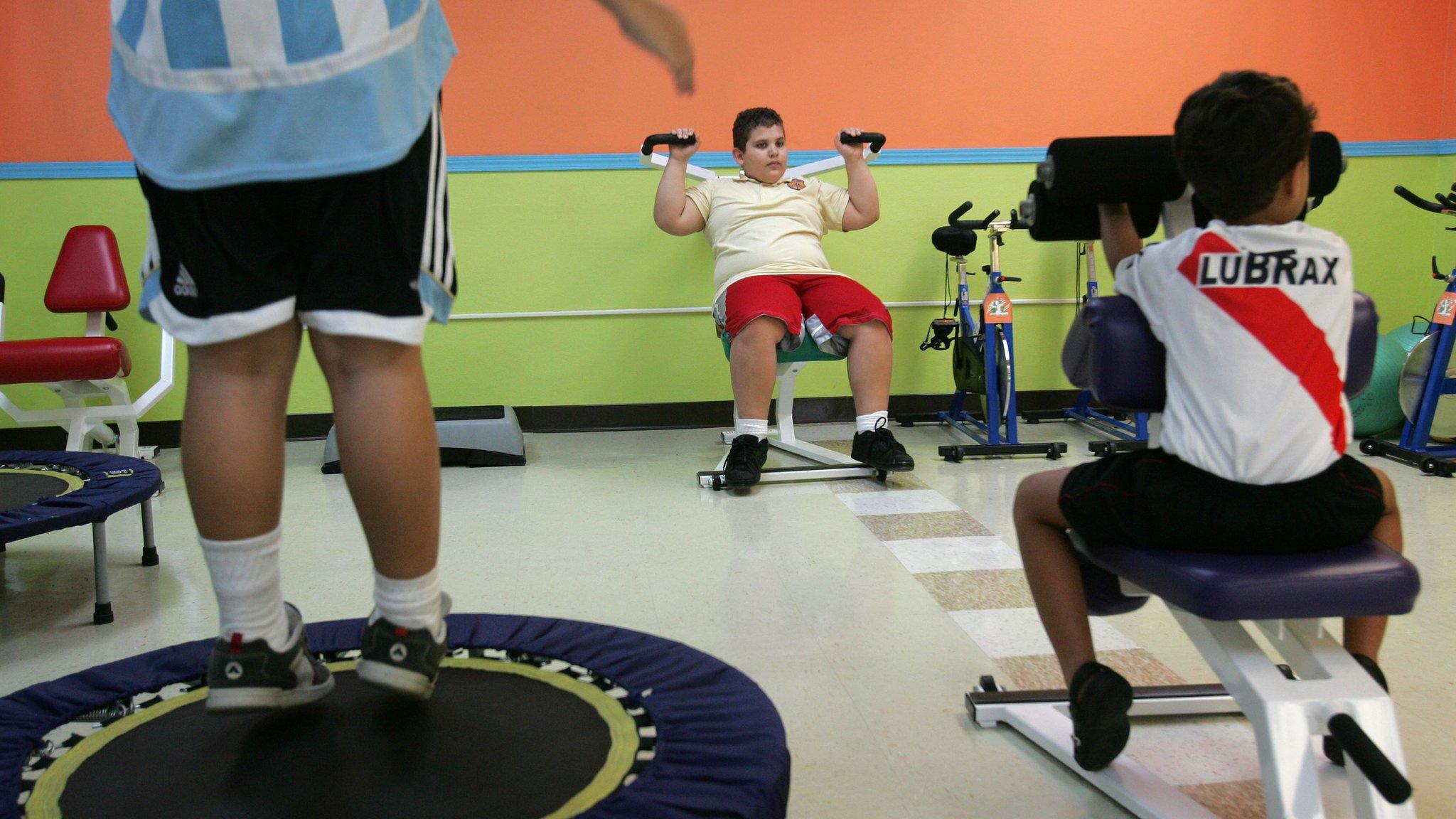Parents 'may be overfeeding infants', experts warn
- Published
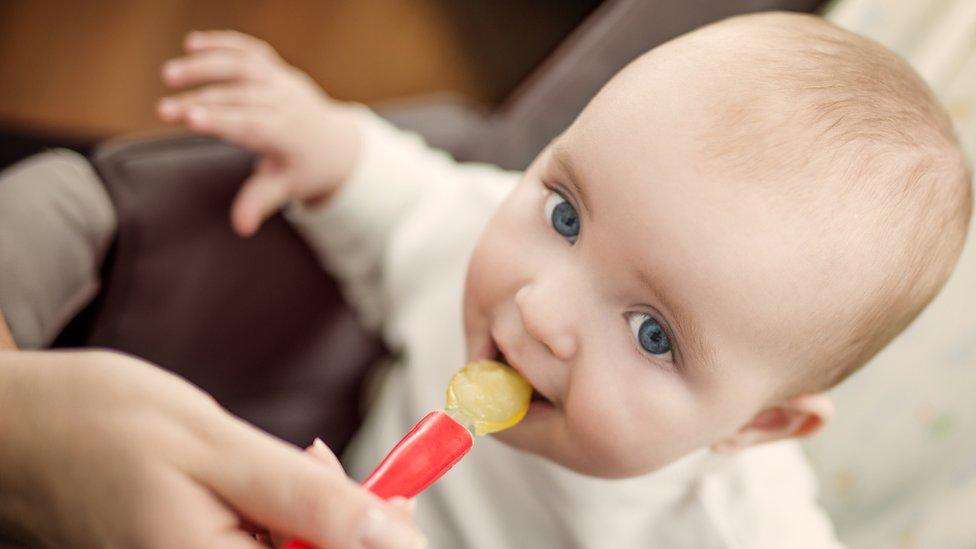
Parents may be feeding their babies and toddlers larger portions than they need, experts have warned.
Overweight children between four and 18 months old eat similar food to healthy weight children but have bigger portions, a study found.
The University College London report said parents may not realise how much young children should be eating or the dangers of them being overweight.
It said feeding guidelines needed to be more specific and better known.
'Birth weight tracks'
The study of data from a UK survey, being presented at the European Obesity Summit in Gothenburg, Sweden, looked at eating diaries parents kept for 2,564 children.
The diaries showed what children ate, how often they were eating and the size of their portions.
Researchers used the data to compare the eating habits of overweight children - classed as being in the heaviest 15% in their age group - and those of a healthy weight.
The report found overweight children were consuming larger meals than their counterparts (141 calories versus 130 calories).
Report author Hayley Syrad, from University College, London, said: "The research suggests eating frequency is having no impact on weight and it's not that parents of larger children are giving them an extra Mars bar or apple - it's that their portions are bigger."
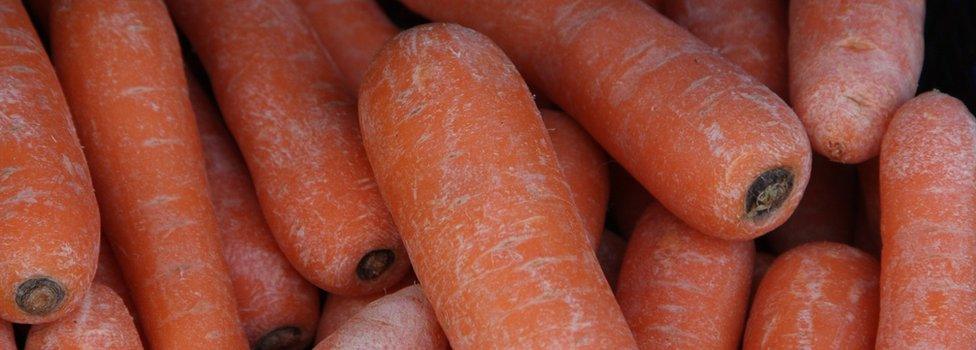
Nutritionists say children's meals should contain one to two servings of fruit or vegetables
For every extra 24 calories consumed during each meal, there was a 9% increased risk of becoming overweight or obese, researchers said.
Ms Syrad said the research suggested some parents may be overfeeding their infants, potentially under the belief it is healthy for babies to be "chubby".
She added: "We know that even birth weight tracks into later life. If children are overweight when they are under two it tracks into adulthood.
"A bigger baby is likely to be a bigger child and then a bigger adult."

How much food should toddlers have?
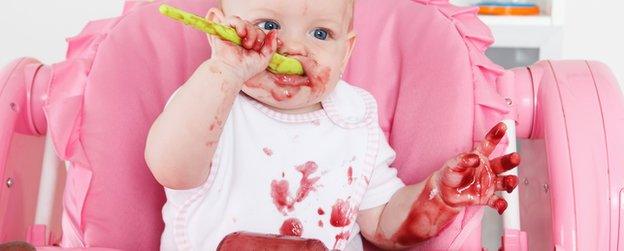
According to Public Health England, which publishes its advice on the NHS Choices website, external, there is "very little official guidance on precisely how much food children require".
But it says: "A good rule of thumb is to start meals with small servings and let your child ask for more if they are still hungry.
"Try not to make your child finish everything on the plate or eat more than they want to. And avoid using adult-size plates for younger children as it encourages them to eat oversized portions."
The guidance also says children should be encouraged to eat slowly and have set mealtimes.

Judy More, a nutritionist and paediatric dietician, said some parents were overfeeding their babies and young children out of fear of them being underfed.
She said babies and young children who are not overweight should eat until they are full rather than being made to finish everything on their plate.
"It's the parents' responsibility to provide nutritious food, but they should allow children to eat as much they want to."
Ms Syrad added that eating guidelines for infants and toddlers needed to be more specifically catered to smaller age ranges.
She said it was important for future research to follow the children in the study and see how food intake affects their weight as they get older.
Toddler portions
Anne-Marie O'Leary, editor-in-chief of parenting website Netmums, external, said more guidance and support for parents was needed.
"Dietary advice for adults is conflicted and confusing - the U-turn on fats, sugar becoming the bad guy - let alone for parents.
"When parents are weaning their babies, most of the advice is about making sure they are gaining enough weight, not about making sure they don't gain too much."
She said the website was one of the bodies consulted by the government in advance of upcoming Department of Health guidelines on childhood obesity. And one of Netmums' posts illustrating portion size for toddlers was one of its stories that generated most reader engagement.
- Published5 March 2016
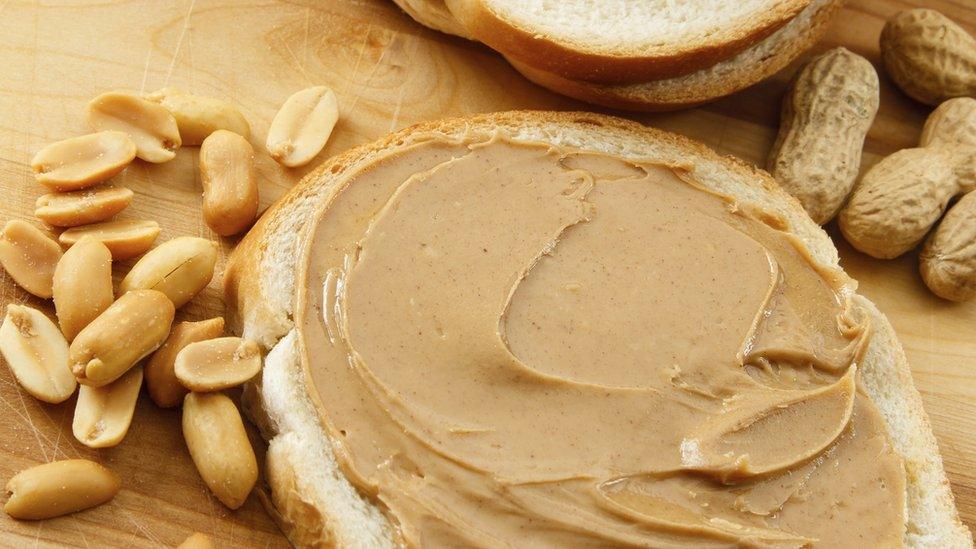
- Published30 January 2015
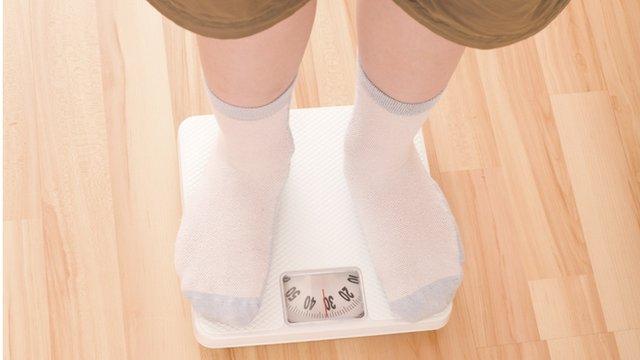
- Published30 March 2015
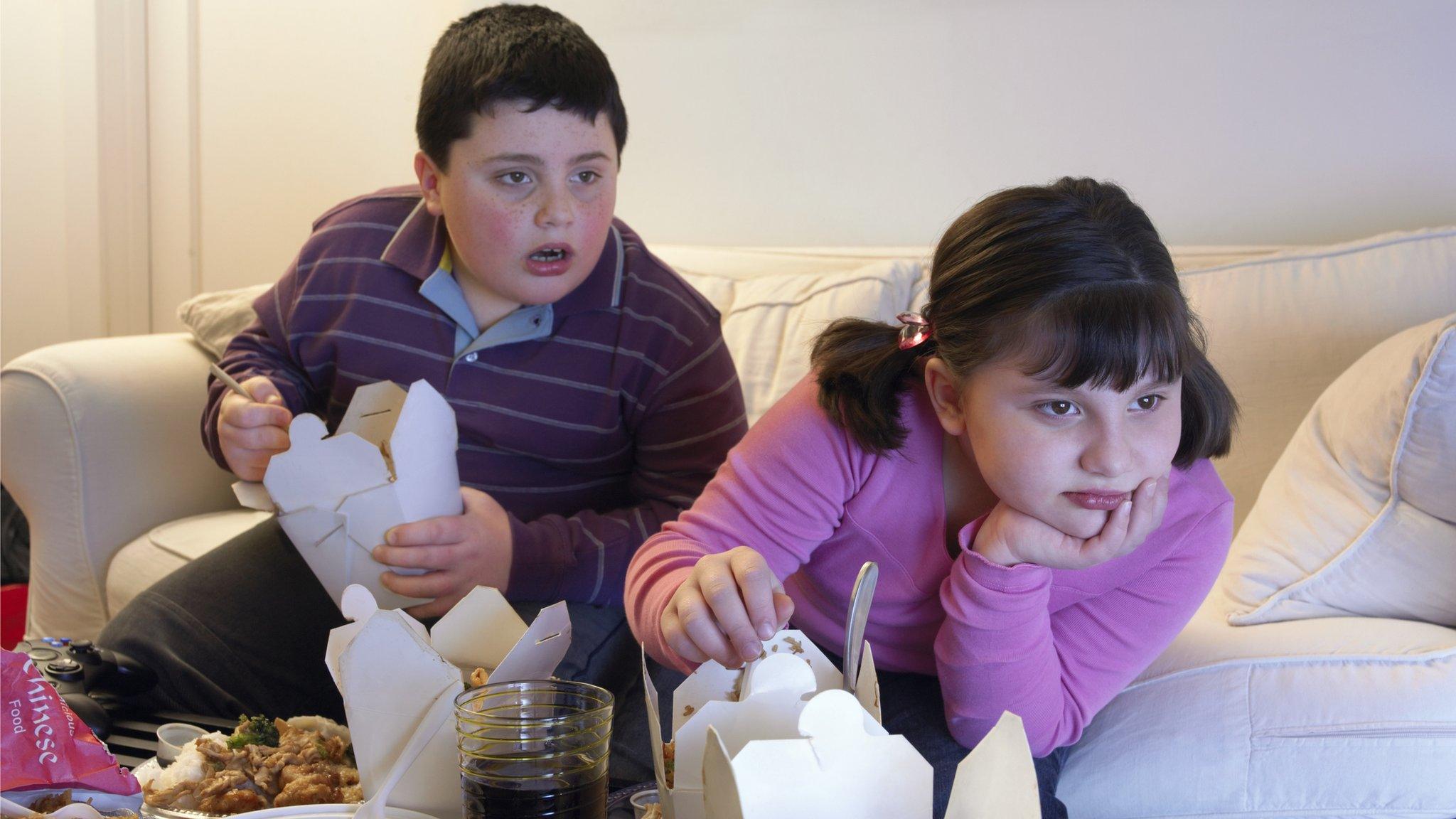
- Published13 February 2015
